Promethazine Tablets
$50.00 – $150.00
Promethazine Tablets
Promethazine tablets are a medication primarily used to treat allergic reactions, nausea, vomiting, motion sickness, and to induce sedation before surgery or medical procedures.
Promethazine Tablets
Promethazine tablets are a medication primarily used to treat allergic reactions, nausea, vomiting, motion sickness, and to induce sedation before surgery or medical procedures. Here’s a breakdown of their description, uses, precautions, and warnings:
Description:
- Promethazine tablets typically come in 12.5 mg, 25 mg, or 50 mg strengths.
- They belong to a class of medications called antihistamines, which work by blocking the effects of histamine, a substance in the body that causes allergic symptoms.
- The tablets are usually round or oblong in shape and may be scored for easy splitting if needed.
Uses:
- Allergic reactions: Promethazine tablets can alleviate symptoms such as itching, rash, hives, and runny nose caused by allergies.
- Nausea and vomiting: They are effective in managing nausea and vomiting associated with various conditions such as motion sickness, chemotherapy, and post-operative recovery.
- Sedation: Promethazine is sometimes used as a sedative before surgical or medical procedures.
- Adjunctive therapy: In some cases, it may be prescribed for its mild analgesic properties when combined with other pain medications.
Precautions:
- Pregnancy and breastfeeding: Promethazine may not be safe to use during pregnancy or while breastfeeding. Consult a healthcare professional before using it if you are pregnant, planning to become pregnant, or breastfeeding.
- Children and elderly: Caution is advised when administering promethazine to children or the elderly, as they may be more sensitive to its sedative effects.
- Driving and operating machinery: Promethazine can cause drowsiness and impair your ability to perform tasks that require alertness. Avoid driving or operating heavy machinery until you know how this medication affects you.
- Alcohol and other depressants: Combining promethazine with alcohol or other central nervous system depressants can increase the risk of severe drowsiness and respiratory depression.
Warnings:
- Respiratory depression: Promethazine can cause respiratory depression, especially in high doses or when combined with other medications that depress the central nervous system. This risk is higher in elderly patients and those with respiratory conditions.
- Extrapyramidal symptoms: Rarely, promethazine can cause extrapyramidal symptoms such as muscle spasms, tremors, and involuntary movements. This risk may be higher in children.
- Hypersensitivity reactions: Some individuals may be hypersensitive to promethazine, leading to severe allergic reactions. Seek immediate medical attention if you experience symptoms such as difficulty breathing, swelling of the face or throat, or severe skin reactions like blistering or peeling.
Always follow your healthcare provider’s instructions and read the medication label carefully before using promethazine tablets. If you have any questions or concerns about its use, consult your doctor or pharmacist.

| Amount | 100 pills, 30 pills, 60 pills |
|---|
Reviews
There are no reviews yet.
Related products
Pills
Pills
Pills
Pills
Pills
Pills
Pills


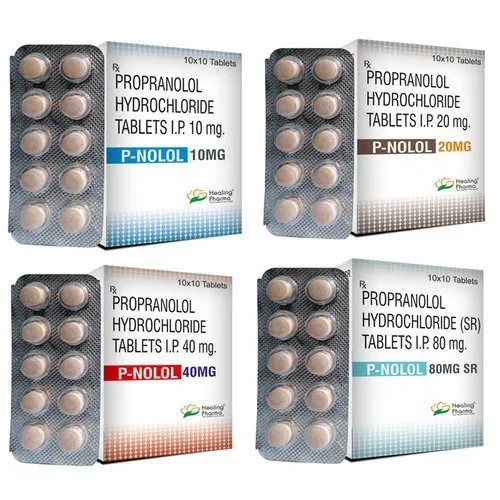
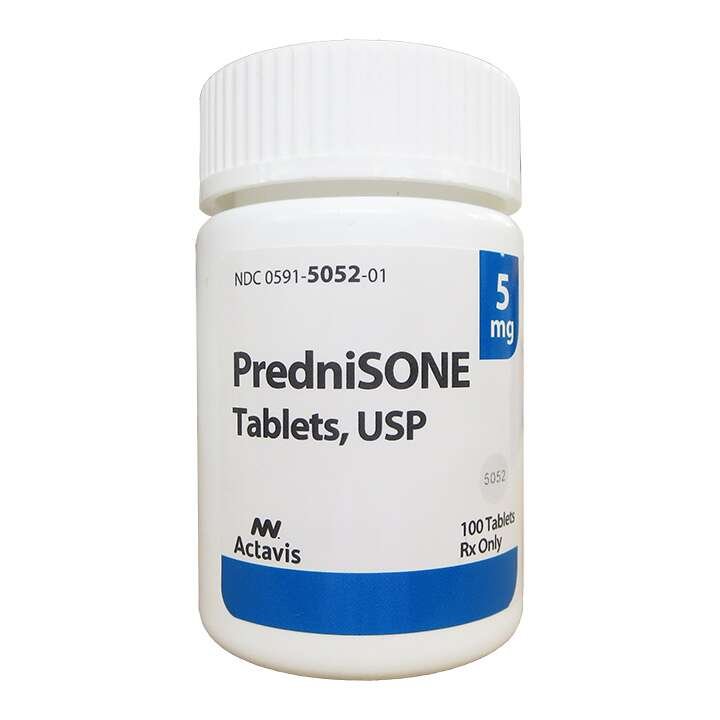
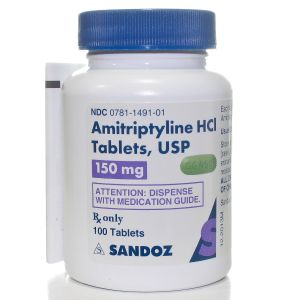
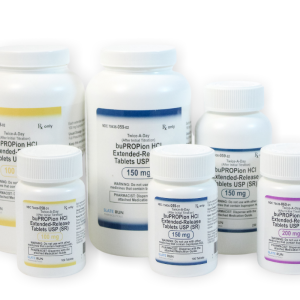

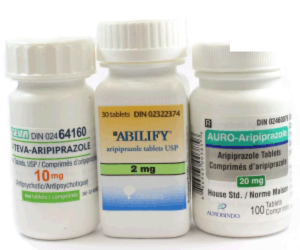

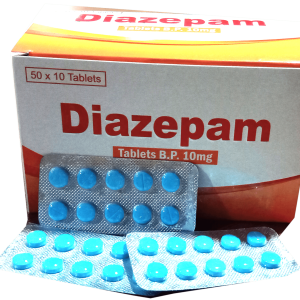

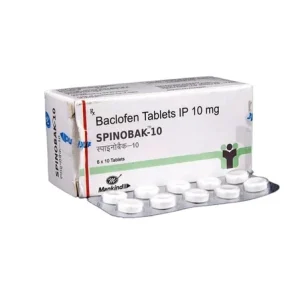
Be the first to review “Promethazine Tablets”